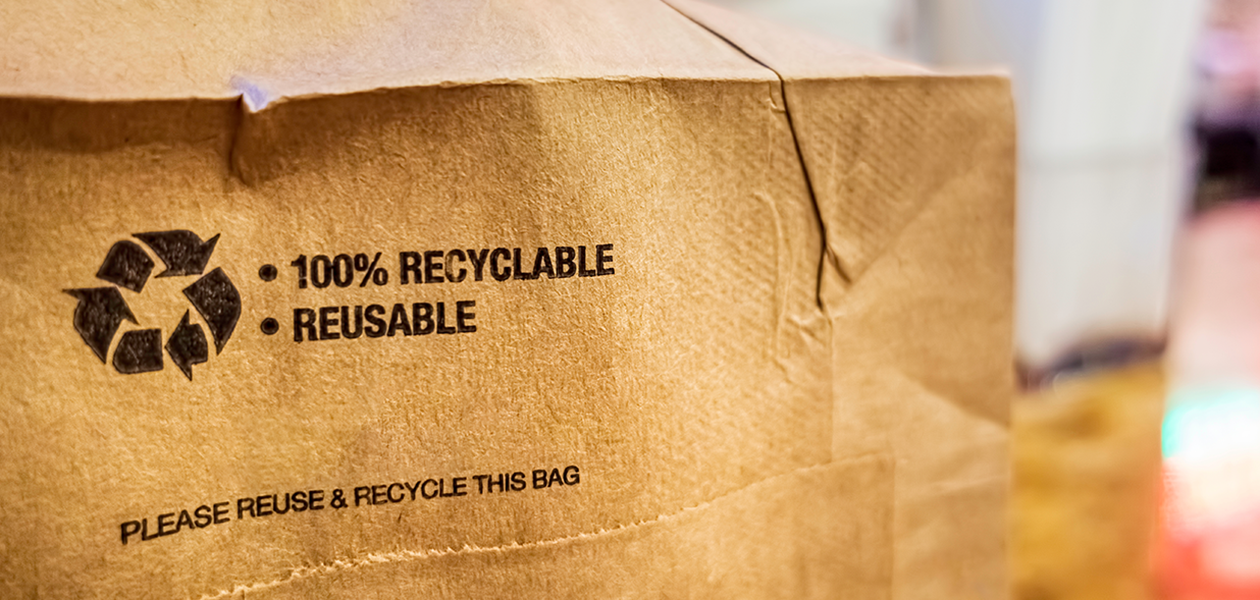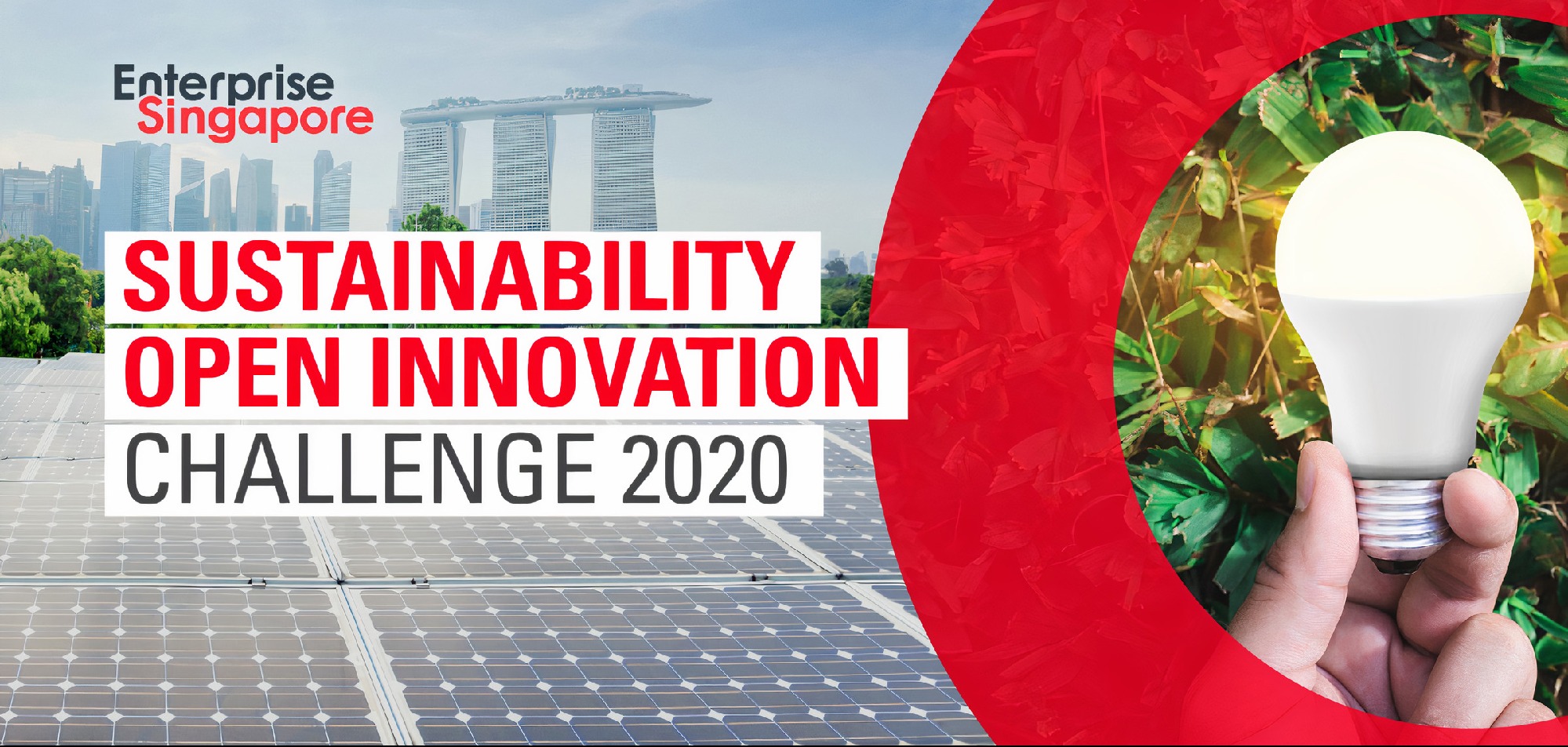Innovators with sustainable solutions will have the opportunity to be awarded up to S$1 million in supporting grants by taking part in this year’s Sustainability Open Innovation Challenge.
Just last year, India and Pakistan saw heatwaves hot enough to melt the tarmac on roads and experienced monsoon-triggered floods that displaced millions. As a whole, Asia is expected to be hit hard by the effects of climate change, with over 450 million people living in low lying coastal areas vulnerable to the rise in sea level. Business-as-usual is clearly not an option.
To combat the threat of climate change, we need sustainable solutions for everyday problems that will reduce our carbon footprint and lead to greener habits. From improving solar energy technology to creating sustainable packaging for goods, innovative ideas can pave the way for a greener and safer world.
For the second year running, Enterprise Singapore and IPI have organised the Sustainability Open Innovation Challenge (SOIC) to help facilitate corporates seek sustainable solutions that meet resource demands without increasing the strain on our planet. Looking for solutions in areas such as waste reduction, green transport, green packaging, renewable energy and resource efficiency, the SOIC 2020 bridges the gap between large corporations and start-ups and SMEs, allowing both parties to operate at their fullest problem-solving potential.
In this edition, participants can look forward to solving problems across different industries with challenge owners like ENEOS Holdings and Sentosa Development Corporation, as well as tackling problems within a particular industry with organisations like the Changi Airport Group and Lendlease.

Checking out sustainably
Centred around five main themes across different sectors, the SOIC’s Enterprise Track mobilises innovative start-ups and SMEs to solve problems provided by bigger corporations. For example, the first two themes of the SOIC—green packaging and green transport—are centred around the need for sustainable methods of packing to achieve a circular economy and moving commuters.
Looking to solve their packaging problems is Danone, a food and beverage company that put up three challenge statements under the green packaging category. The MNC hopes to find new and more effective packaging for milk powder, which currently comes in single-use pouches. To encourage users to either recycle or re-purpose the pouches, the new packaging could be designed in a way that makes sustainable living a fun experience for consumers.
Aiming for zero-waste, another challenge from Danone requires innovators to design a milk powder pouch that can be converted into a valuable resource after consumption of the product. On top of new packaging design, companies must come up with a feasible plan to collect the waste packaging from homes.

Taking off and taking out food waste
Alongside the Enterprise Track, the Industry Track of the SOIC 2020 is focused on the problem of food waste in Singapore. Food waste is one of the largest waste streams in Singapore, making up one-fifth of the total amount of waste generated in Singapore last year.
This challenge calls for assistance in keeping to new regulations under the Resource Sustainability Act that requires large food waste generators like hotels and malls to segregate their food waste for treatment and recycling.
In 2019, Changi Airport generated over 14,000 tonnes of general waste, 30% of which is estimated to be food waste. To address this, Changi Airport Group is looking for solutions that will encourage staff to segregate food waste, improve the hygiene and efficiency of food waste segregation such that contamination to food waste is minimised. Beginning with just one terminal, Changi Airport will work with the solution provider to pilot the method before extending it to other terminals.
The way forward
Open to anyone with an innovative spark and the beginnings of a good idea, the SOIC welcomes solutions from start-ups, SMEs, Institutes of Higher Learning (IHLs) and Research Institutes (RIs). For the Industry Track, there is up to S$1 million in grant support to fund the best ideas for subsequent development, if the solution providers fulfil the eligibility criteria.
Take a moment to look through the list of challenges and find out more at https://sustainability.innovation-challenge.sg/. Start-ups and SMEs could gain the invaluable opportunity to work with government agencies and larger private corporations. Those who meet the relevant criteria will be awarded funding to develop and testbed their solutions with the participating corporates. Interested parties may view the challenge sponsors’ briefing sessions here, and submit their proposals to the Sustainability Open Innovation Challenge by 19 February 2021, 12 pm (GMT+8).

